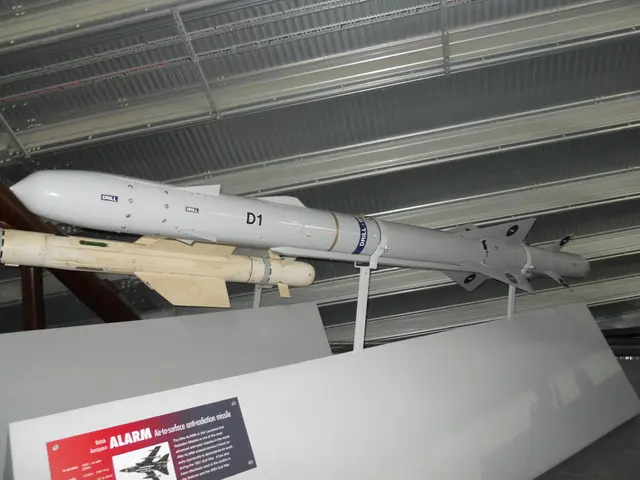Bill passes in Lok Sabha to escalate production and refining of vital minerals
In a significant move towards promoting domestic production and processing of critical minerals, the Indian government has passed the Mines and Minerals (Development and Regulation) Amendment Bill, 2025. This bill, aimed at boosting the supply of critical minerals, is an essential part of the National Critical Mineral Mission (NCMM), launched in 2025.
The NCMM, with a budget of ₹16,300 crore, aims to establish a robust framework for self-reliance in the critical mineral sector. The mission is crucial as India is heavily dependent on imports for these strategic resources, which are essential for various sectors, including electricity, medical equipment, automobiles, defence, solar, and space.
One of the key provisions of the bill is the renaming and expansion of the mandate of the National Mineral Exploration Trust (NMET) to the National Mineral Exploration and Development Trust (NMEDT). This expansion will enable funding for mineral exploration and development projects not only within India but also overseas, supporting strategic international partnerships and securing supply chains.
The bill also increases mining leaseholders’ contribution to the trust fund from 2% to 3% of royalties, providing more sustainable funding for aggressive and capital-intensive exploration efforts. Additionally, it facilitates adding critical and strategic minerals (like lithium, graphite, nickel, cobalt, gold, and silver) to existing mining leases without requiring additional payments, speeding up access to these minerals under simplified regulatory terms.
The bill empowers the central government to promote mineral trading markets, streamline regulatory frameworks, and institute zero waste mining practices for enhanced mineral conservation. It also allows the sale of dumps in captive leases to reduce environmental hazards and increase safety in mine workings.
The bill seeks to widen the scope and territorial domain of the NMEDT and enable one-time extension of the area under a mining lease or composite licence. It also aims to amend the Mines and Minerals (Development and Regulation) Act, 1957 and promote extraction of deep-seated minerals.
Under the NCMM, the Geological Survey of India (GSI) has been tasked with conducting 1,200 exploration projects from 2024-25 to 2030-31. These efforts have been stepped up since 2015 to boost the availability of critical minerals in the country.
The minister stated that Prime Minister Narendra Modi seeks to expand cooperation in critical minerals during his visits abroad. This bill aligns with India’s strategic goal of reducing import dependence, securing economic and national security interests, and strengthening mineral supply chains through enhanced exploration, development, market facilitation, and international cooperation under the NCMM framework.







